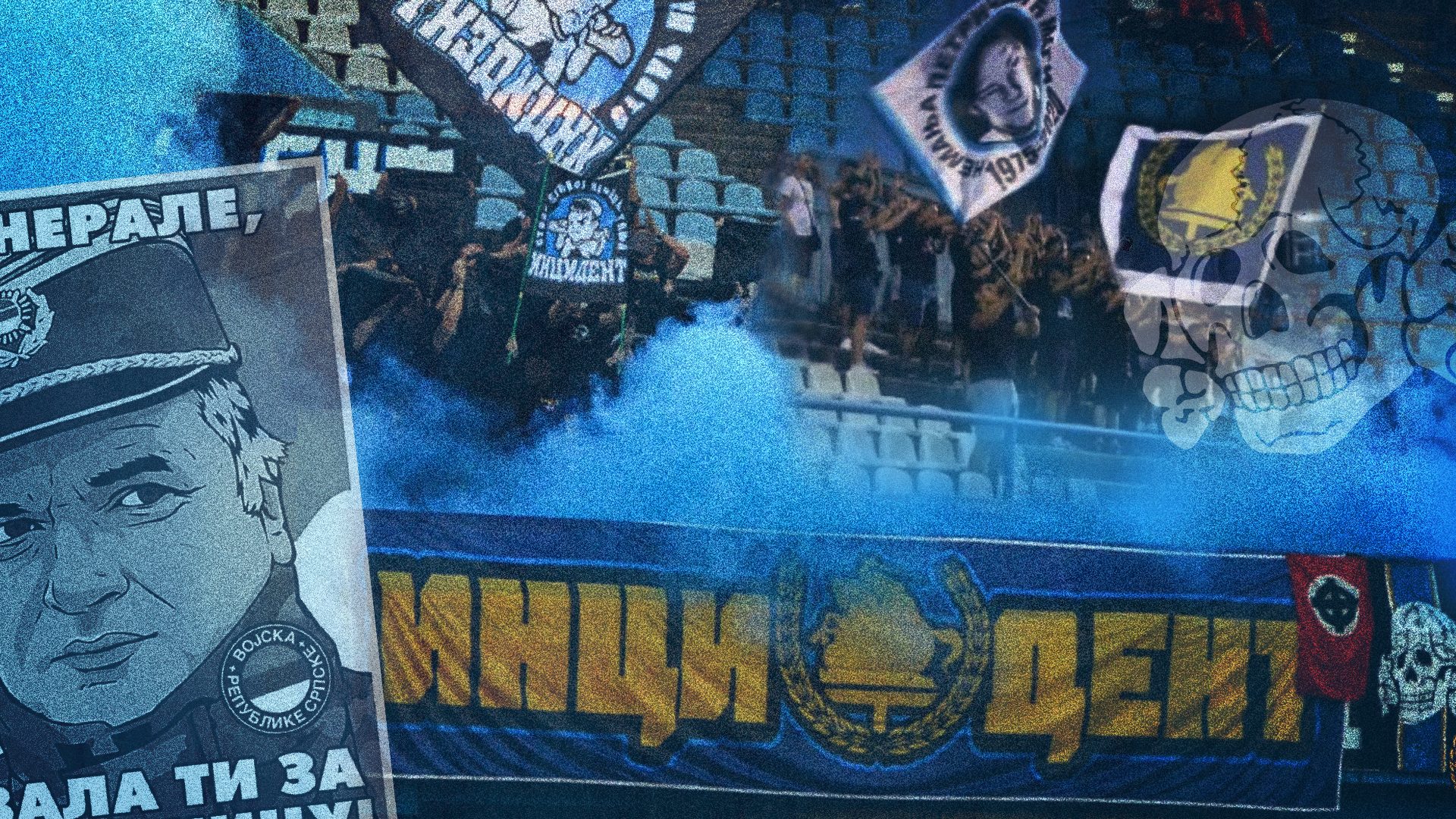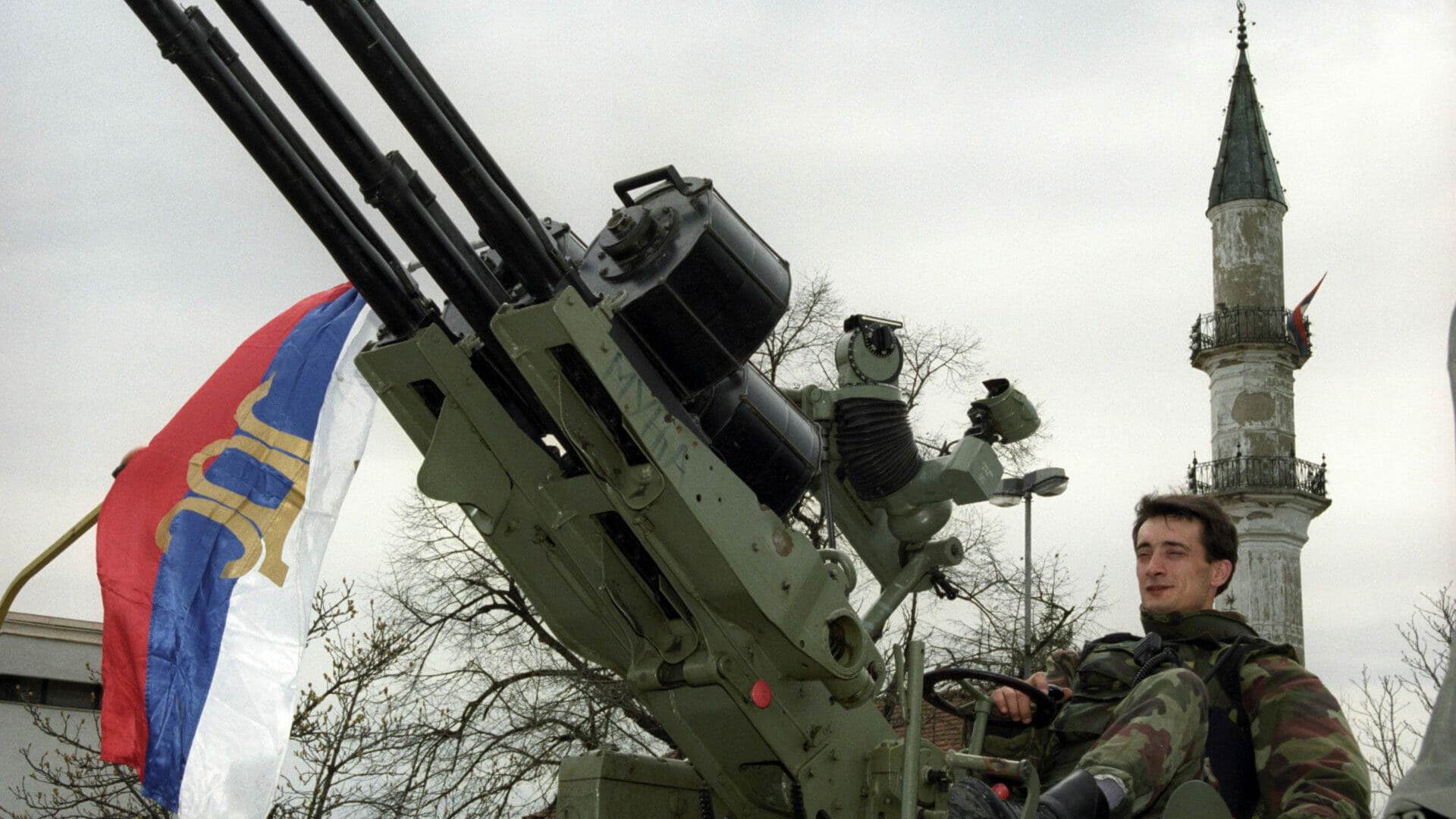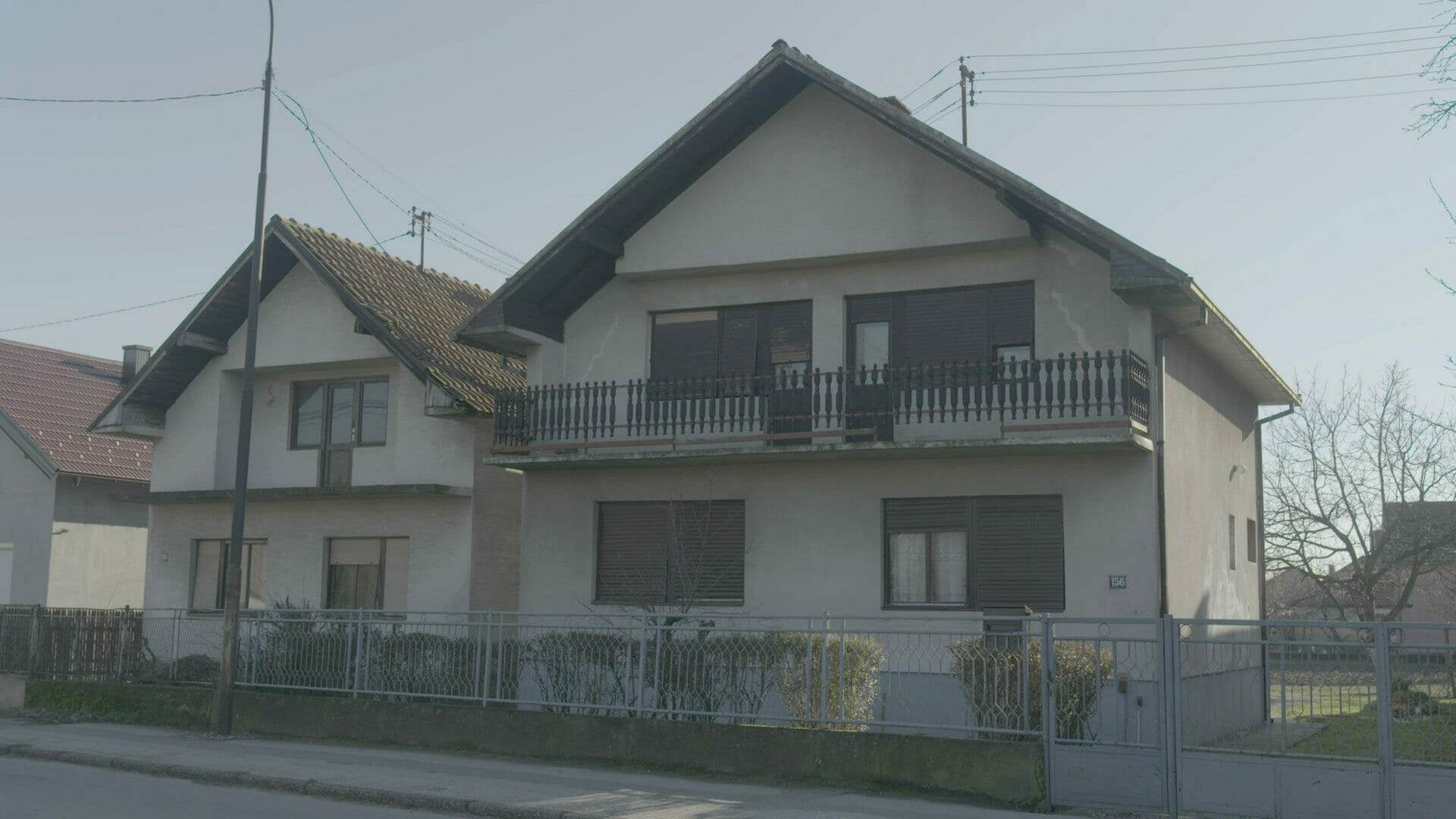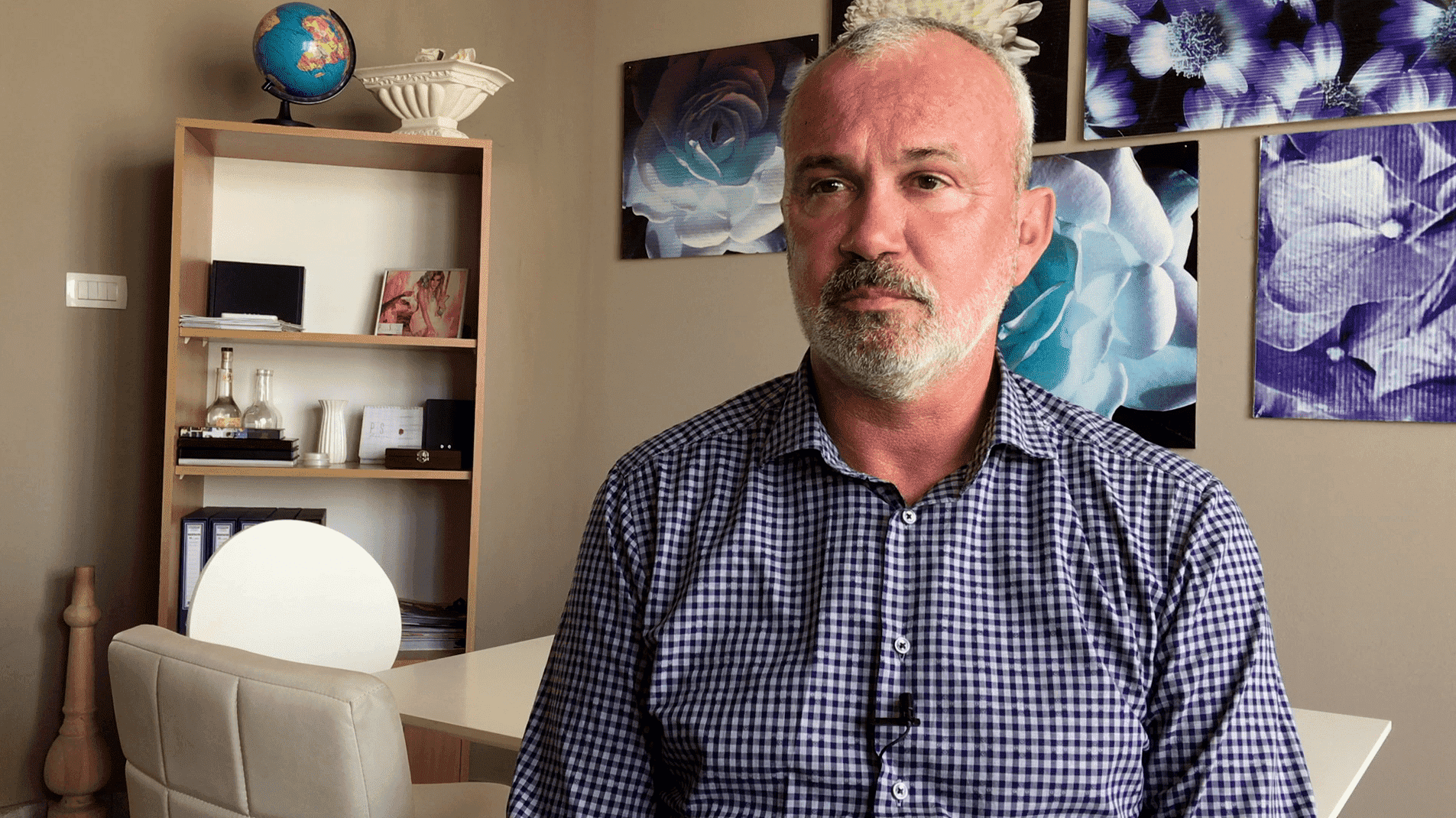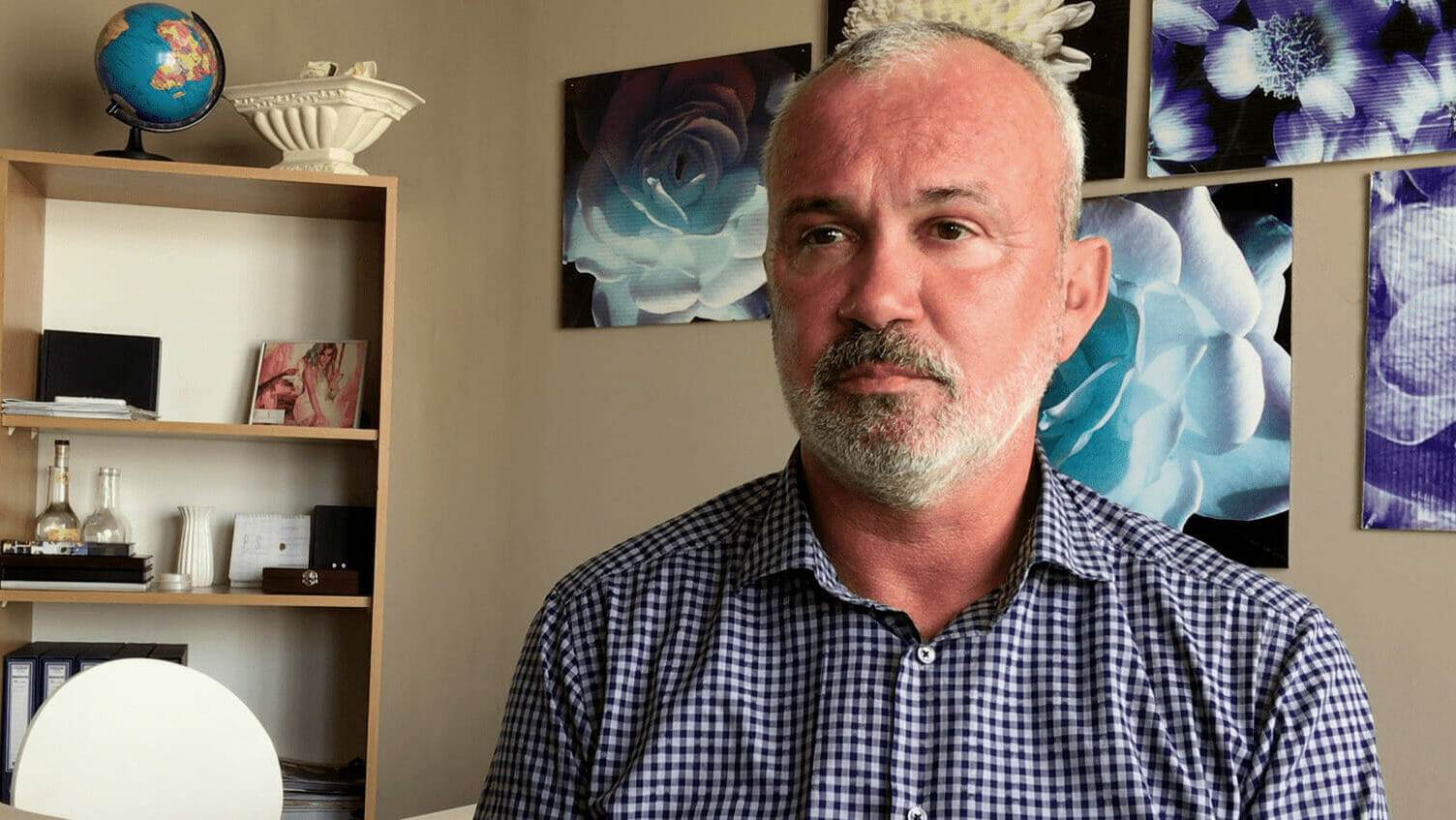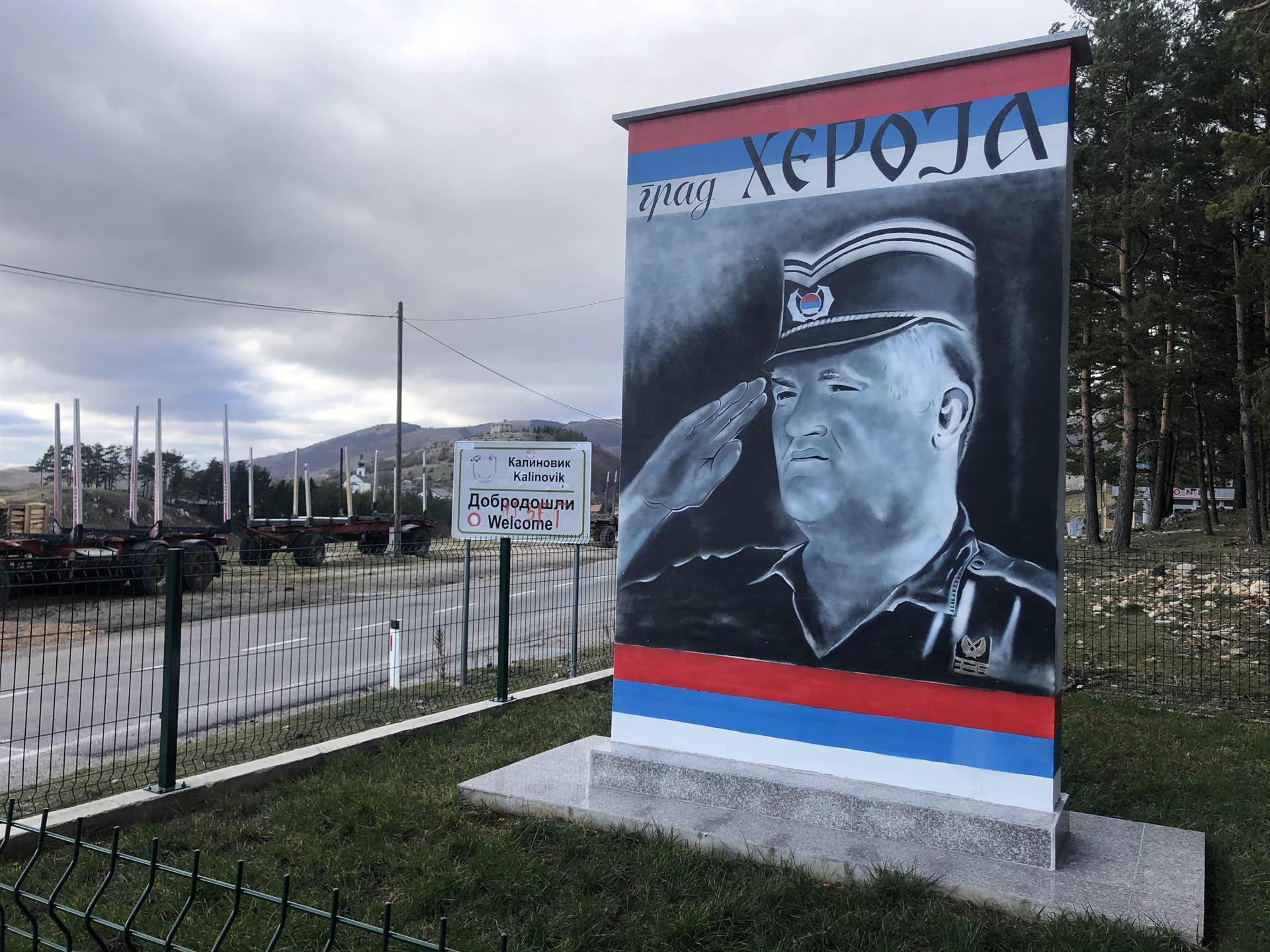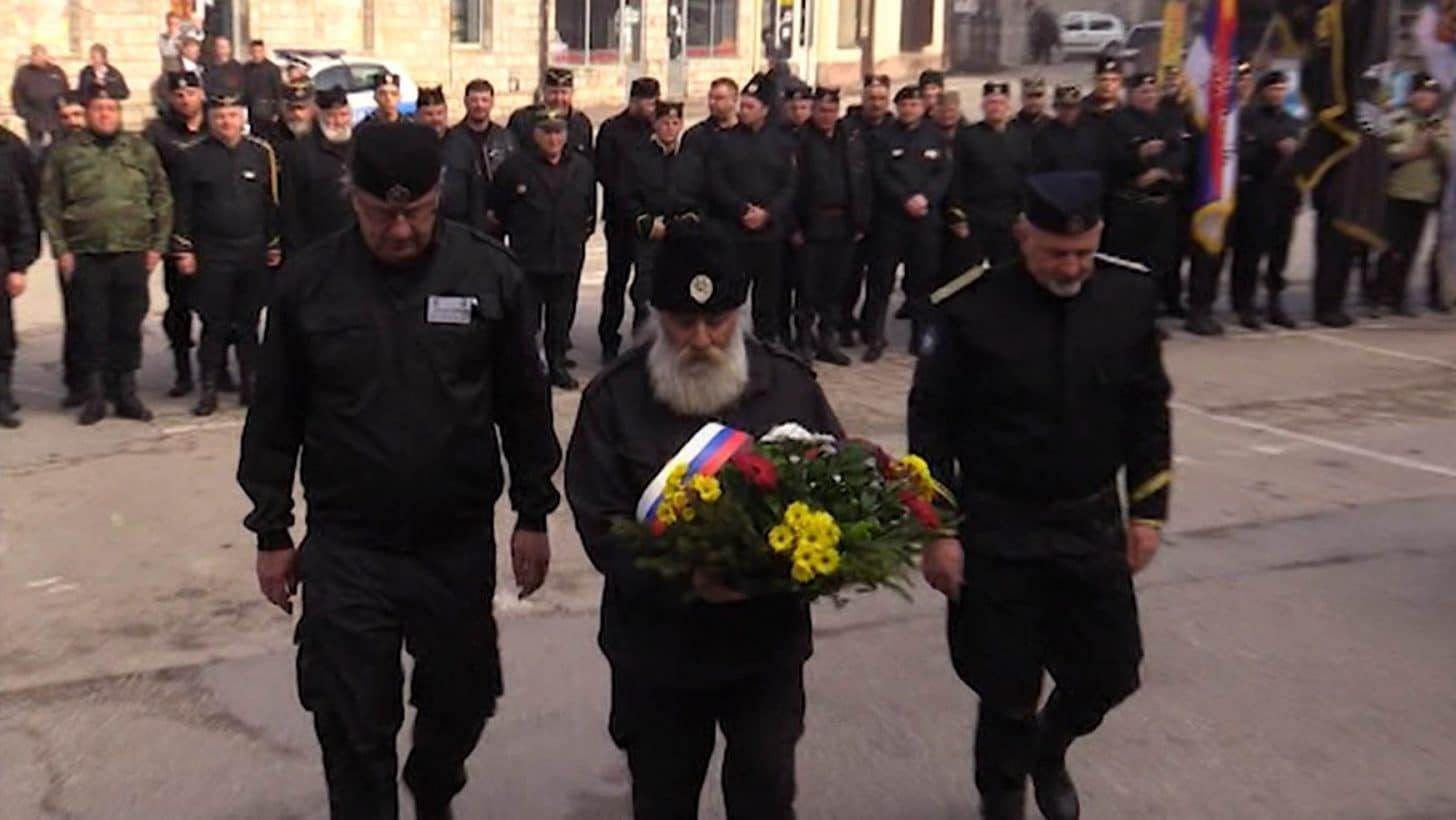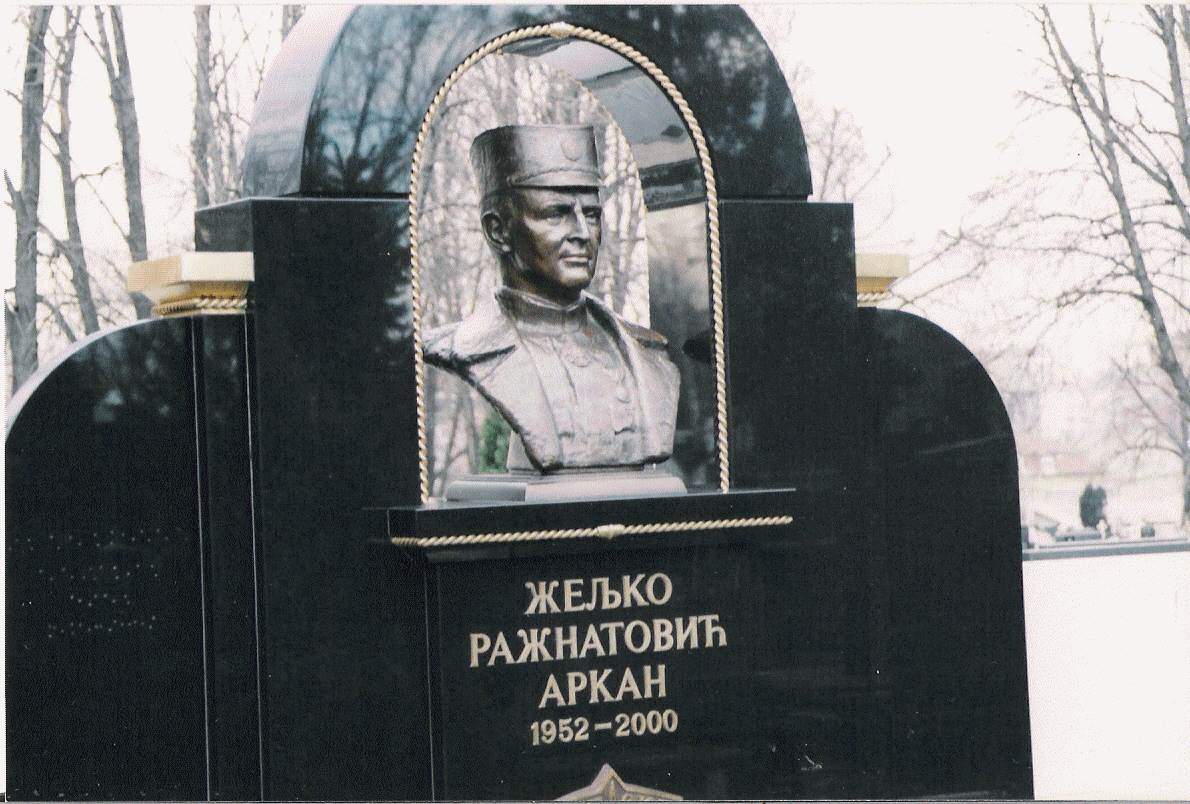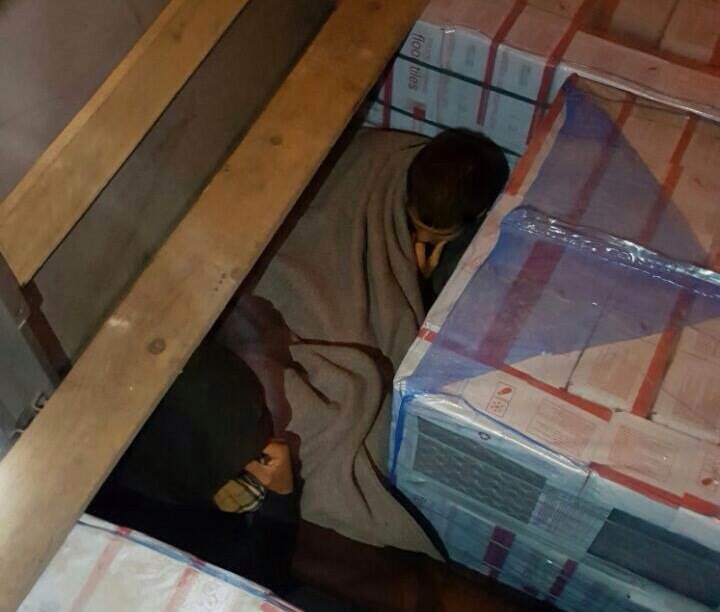A group of Bosnian Serb football fans has taken to displaying symbols associated with neo-Nazism, with apparently little fear of punishment.
The system of detention camps set up by Bosnian Serb forces during the war in 1992 was intended to torment and humiliate entire communities, genocide scholar Hikmet Karcic argues in...
Brutal attacks by warlord Arkan’s Serb paramilitaries on unarmed civilians living in the city of Bijeljina, captured in photographs that shocked the world, signalled the start of the war in...
Eight former police officers in Bosnia’s Serb-dominated Republika Srpska entity have been charged with participating in the killing of 22 Bosniaks, including women and children, near Bijeljina in 1992.
Goran Saric, former commander of the Special Brigade of Republika Srpska Police, and others suspects in the 1992 mass murder of 22 civilians in the Bijeljina area – all arrested...
Seven former Bosnian Serb police officers were arrested on suspicion of involvement in the murder of 22 Bosniak civilians, including women and children, in a village near Bijeljina in 1992.
More than ten streets, squares, parks and public buildings in Bosnia and Herzegovina have been dedicated to war crime convicts and defendants like Radovan Karadzic and Ratko Mladic, research by...
The murder 20 years ago of notorious paramilitary chief Zeljko Raznatovic, alias Arkan, meant he never stood trial for war crimes - and two decades later, only one member of...
The number of people arriving illegally in Bosnia has grown this year as desperate migrants seek new ways to reach EU states after other countries on the ‘Balkan Route’ closed...
